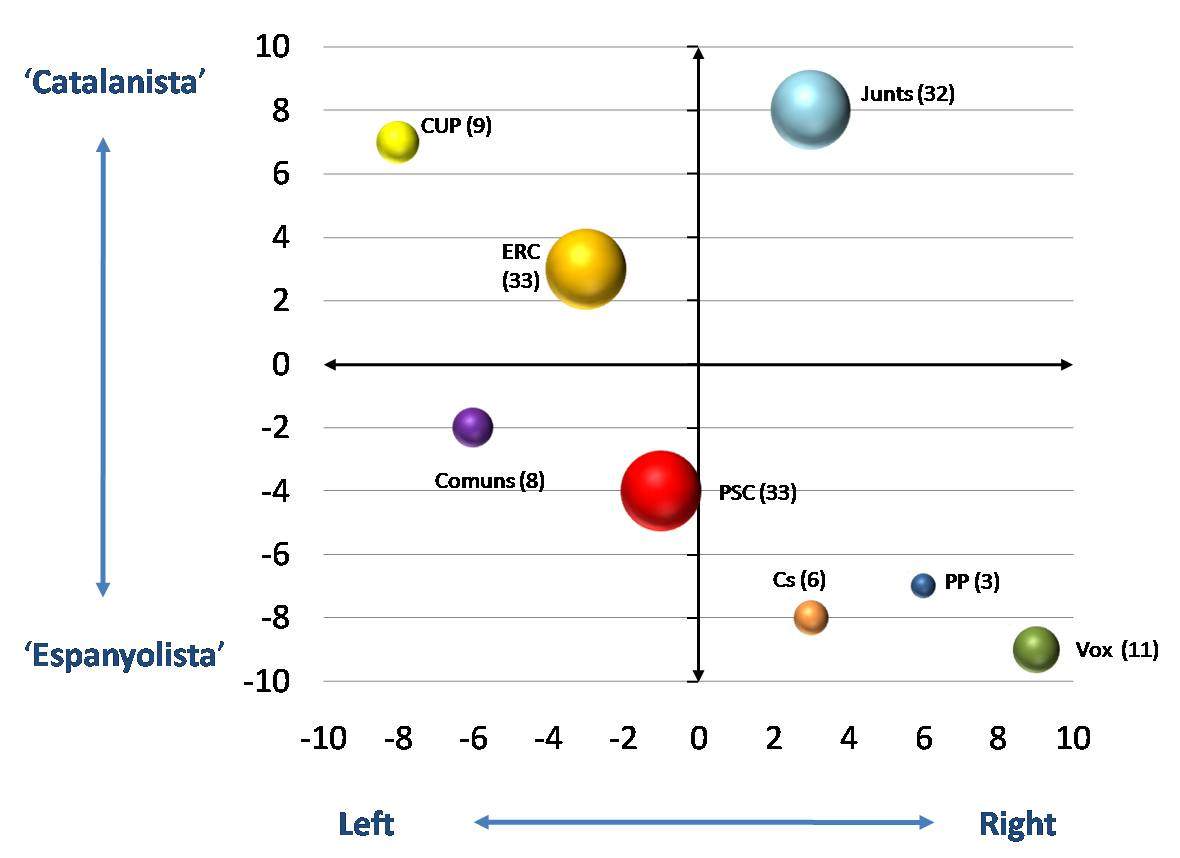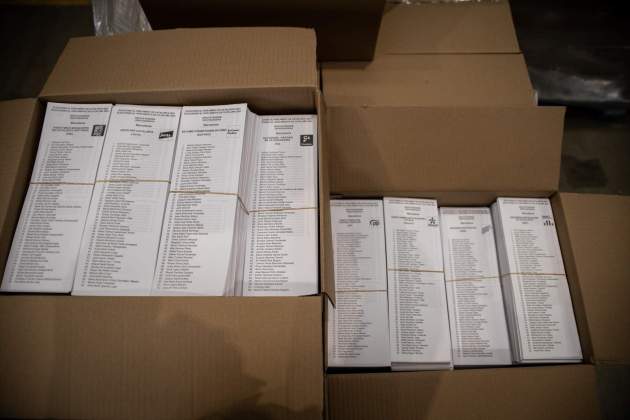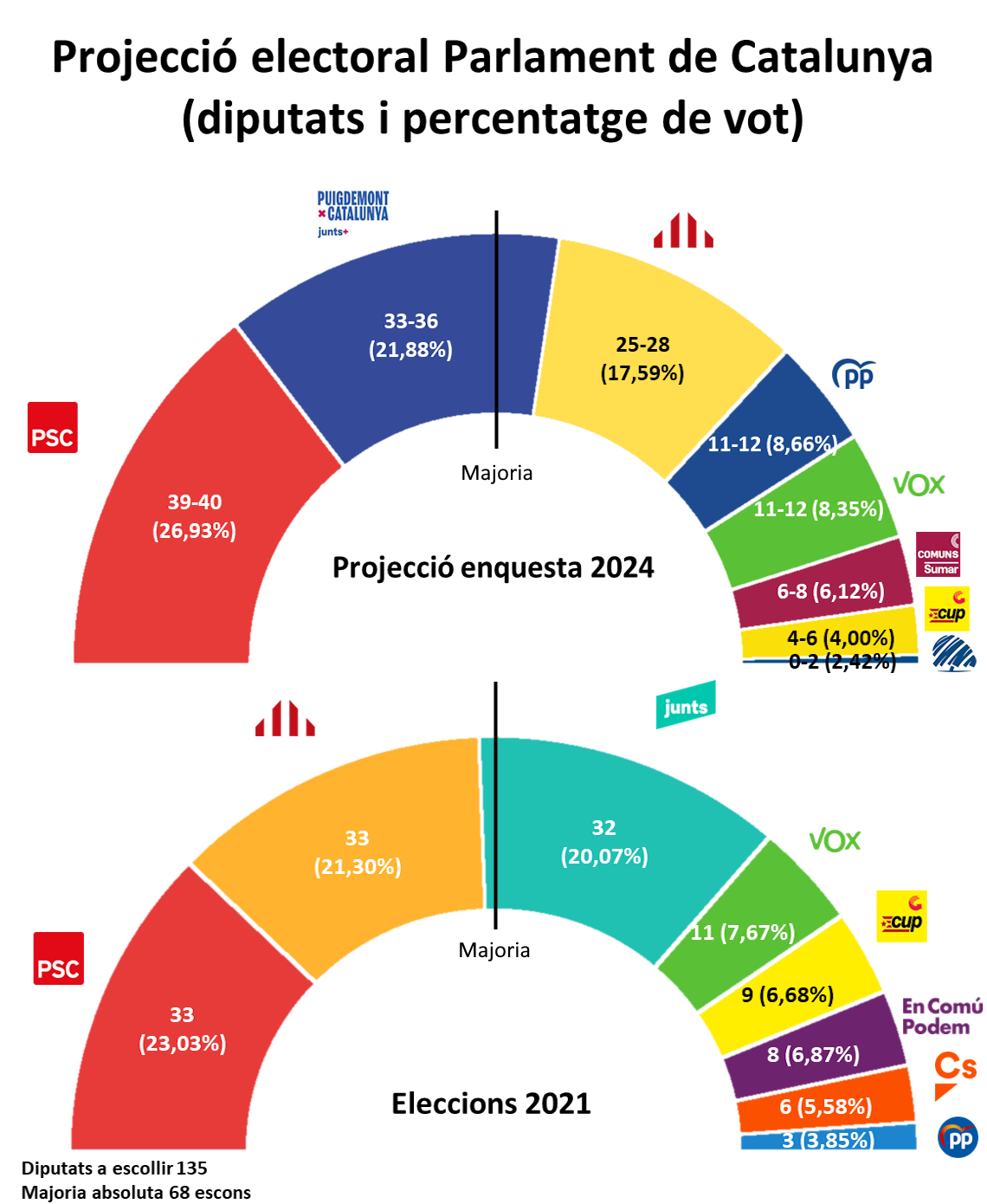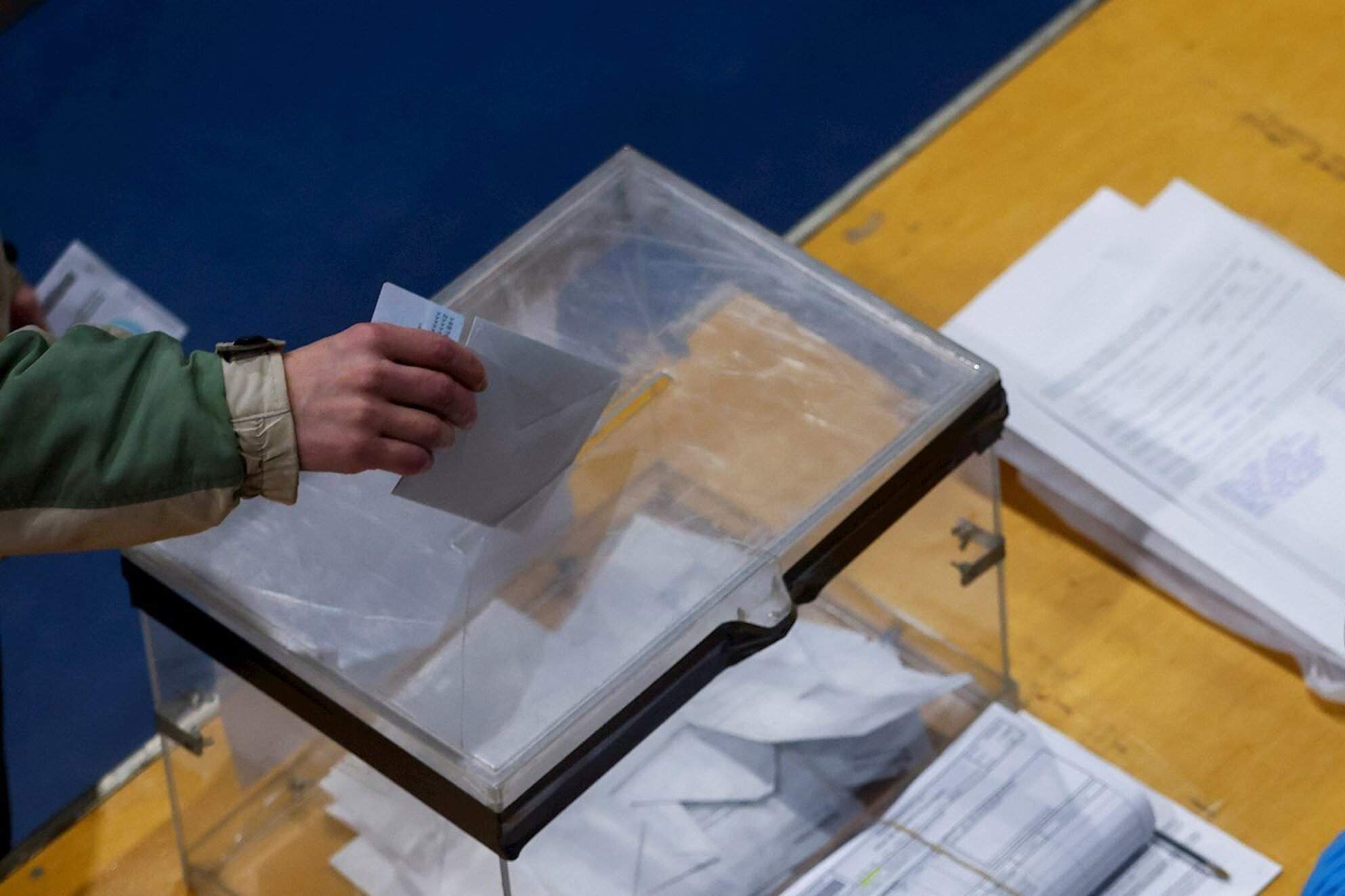On Sunday, May 12th, Catalan voters go to the polls. An election to the Catalan Parliament was called almost a year before it was due after the current government of Catalonia led by president Pere Aragonès failed to pass a budget. But, in a land where, seven years ago, the mere act of putting votes into ballot boxes acquired an almost revolutionary charge, what is this 2024 election all about? How does it relate to the independence process and how will it work? Here's our guide to the 2024 Catalonia election.
A 'Generalitat' and an Autonomous Community
Two facts that provide essential context for understanding the May 12th Catalan election: one, its ultimate goal is to decide the leadership of the Generalitat de Catalunya - the Catalan institution of self-government, which came into being around 800 years ago, was abolished by the Spanish monarchy in the 18th century, and then restored by Catalans (twice) in the 20th century. Two: despite all that, the actual administrative structure in which people will be voting is the Spanish state of the Comunidades Autónomas - autonomous communities - created in the Constitution of 1978, as a compromise territorial agreement between Spain's ultra-conservative, centralist forces and the uppity peripheral nationalities such as Catalonia and the Basque Country. More than a "region", much less than a "federal state" and as for a "nation within a nation", don't even think about it. And every part of Spain could have one, so that it would be fair. Café para todos, they called it, "the same for everybody".
🔴 Election in Catalonia 2024 | All our coverage in English
Well, around 2010, it was precisely through deadlock between centre and periphery over the powers permitted for this Autonomous Community of Catalonia that an old issue re-emerged: possible Catalan independence from Spain. Since then, four Catalan elections have been held - in 2012, 2015, 2017 and 2021 - all centred on the independence question and all resulting in pro-referendum or pro-independence governments, some by narrow margins. The Spanish authorities' consistent response has been 'no', reinforced first by the "bad cop" approach (bopping Catalans on the head at the unilaterally-held 1st October 2017 independence referendum) and then by the "good cop" - to carry on saying 'no' but calling it 'dialogue'. Meanwhile the independence movement is weakened by ongoing judicial repression, internal division and the frustration that its democratic aspirations have been simply shoved aside.
The fifth election of the 'indepe' era
Thus this Sunday, the Autonomous Community of Catalonia votes for the fifth time in the indepe era, the era of the independence movement. This time, with the new development that the Spanish government has been forced, for political survival, to grant an amnesty on independence-related judicial cases, making it possible for Together for Catalonia (Junts) candidate Carles Puigdemont, still facing an arrest warrant in Spain until the amnesty is applied, to fight his campaign from outside Spain with the prospect of returning to lead the Generalitat. The polls put Puigdemont in second place, trailing the Catalan Socialist (PSC) leader Salvador Illa. But he may be catching up. Current president Pere Aragonès, of the Catalan Republican Left (ERC) - also pro-independence - is in third place. The relationship between the two vectors of Catalan politics - positioning on the independence issue, and on the left-right spectrum - seems still to be as complex as ever.

And so to the polls. To choose a new government, the first step is for Catalan voters to elect a new Parliament for this much-maligned Spanish Autonomous Community of Catalonia, this Sunday. Parties are competing for the 135 seats in the unicameral Catalan chamber, divided into four macro-electorates based on the four Catalan provinces, with the number of MPs per electorate based roughly on population. Thus, the Barcelona electorate elects 85 members of parliament; Tarragona, 18; Girona, 17; and Lleida, 15 members.
The method of election is known as "closed-list proportional". What this means for voters on the day is that they don't tick any boxes or write anything. From a huge table covered in different ballot papers, they simply take the paper listing all the candidates for their chosen party, put it into an envelope and slip it into the ballot box. In fact, you can even bring your pre-enveloped vote from home, since party propaganda stuffed into letterboxes usually includes the party's official ballot paper.

Voting begins on Sunday at 9am, and ends at 8pm. To be eligible to vote, you must be a Spanish citizen aged 18 or over with your municipally-registered address in Catalonia. In the vote count, the seats in each of the four macro-electorates are distributed proportionally to the votes for each party, using the so-called d'Hondt method of calculation, for those parties which exceed the minimum threshold of 3% of the total vote in that electorate.
What the vote count will reveal
The moment that the polls close at eight o'clock on Sunday night, leading media will release their election day polls and announce a predicted winner. The simplified two-horse race between the independence movement led by Carles Puigdemont and the Socialist candidate Salvador Illa will captivate the media attention, and it seems probable that the Socialists will be the largest single party. However, the reality is bound to be more complex: seven or eight parties are likely to win seats, with no chance of any single candidature getting an absolute majority.

What the election night will reveal above all is which post-electoral alliances are possible. If the three main pro-independence parties (Junts, ERC and the CUP) collectively win more than half of the seats (that is, 68 of the 135 at stake), then it's likely that efforts to form a government will be centred on them, with Carles Puigdemont the likely leader. That would be an historic political turnaround for the president who led Catalonia to the 2017 referendum. On the other hand, the polls suggest that, for the first time since 2012, the pro-independence parties may fall short of the 50% mark, which would undoubtedly cause many Spanish media to excitedly pronounce, not for the first time, the death of the independence movement.
If there is no pro-independence majority, then the initiative will probably be with Salvador Illa. But the Socialist leader's problem will be to build alliances: ironically, what he needs most is to make a deal with a pro-independence party - ERC or even Junts. His other resort would be to collaborate with arch-enemies at Spanish level (the PP and Vox). Even the much-touted left-wing tripartite (PSC, ERC and Comuns-Sumar) is complex for the same reason. And the possibility of two far-right parties entering Parliament (Vox and the Catalan Alliance, AC) is a further complication for post-election deals: even if all the main parties have said they won't make deals with them, those extremist parties can in the end do what they want with their parliamentary votes - and Vox is clearly anti-independence, with AC clearly in favour.
The post-election timetable
The election night result will then set the scene for several intense weeks in Catalan politics, as parties work to negotiate possible government deals. The Parliament of Catalonia must be constituted no later than 20 working days after the election, that is, on June 10th at the latest, when the speaker of Parliament is elected, along with the other officials of the procedural Bureau. So initial agreements between the parties will have to be reached by this date, even though the key vote - on the investiture vote for the president to lead the next Generalitat government - takes place later, up to a further ten working days after the constitution of the house. And here it should be noted that the presidential candidate needs support from an absolute majority of MPs on the first ballot (that is, 68), but only a simple majority (more votes for than against) on the second ballot. That's where the arithmetic of all those small parties' seats becomes critical.
At the same time as all this is happening, the political pot will be stirred further as the campaign for the EU parliamentary elections gets underway in late May, with voting in the Spanish state on June 9th. And on top of that, Spain's amnesty to wipe out independence process prosecutions is due to be definitively passed in the Spanish Congress on May 30th. Once that law is published in the state gazette, or BOE, it enters into force and its provisions should allow the exiled Catalan politicians to be able to return to the Spanish state immediately - with Carles Puigdemont having said that he will return for the Catalan parliamentary investiture vote, whether he is the candidate or not. From election night until after the midsummer feast of Sant Joan, expect several weeks in which Catalan political activity will be frenetic.

